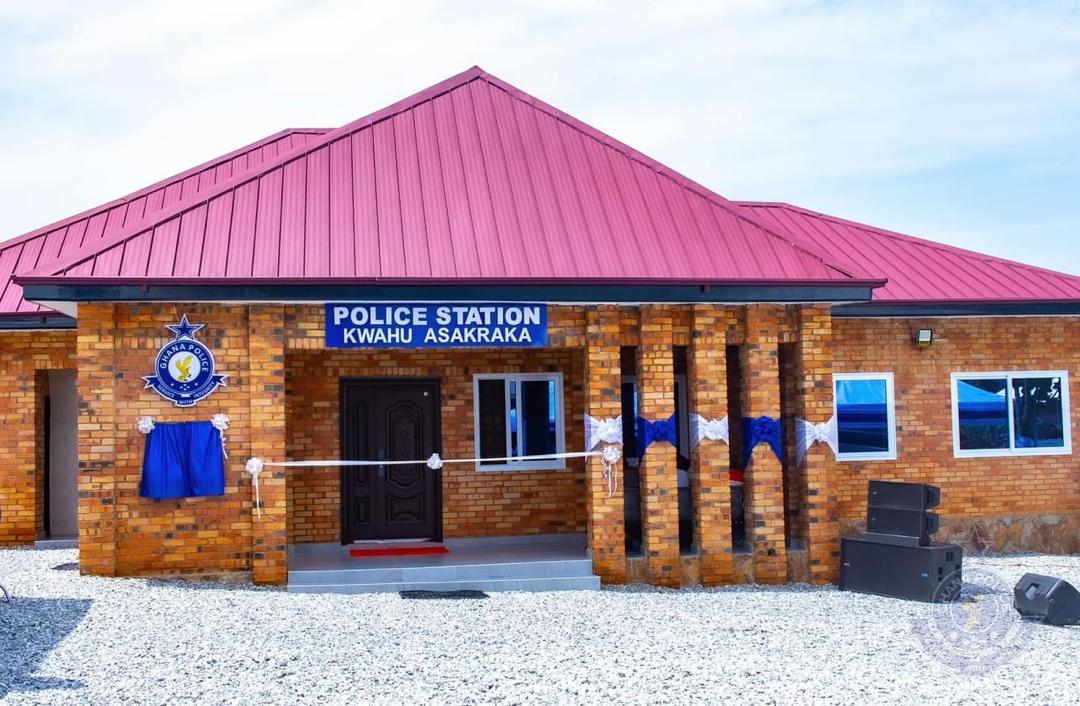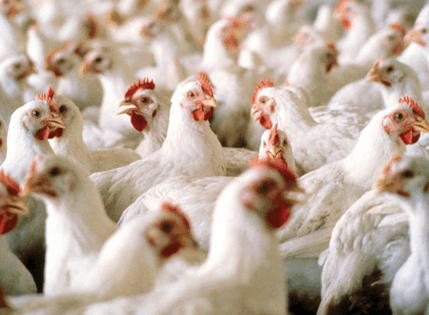
According to a news publication on myjoyonline.com, President John Mahama has revealed a new policy that will require Senior High Schools across Ghana to establish poultry and livestock farms. The initiative is designed to help schools produce their own meat, instead of relying on market purchases.
The announcement came during the 65th anniversary celebration of Ghana Senior High School (Ghanasco), the alma mater of both President Mahama and First Lady Lordina Mahama. “We are coming up with a policy, a policy where secondary schools will have a poultry farm and a livestock farm, so Ghanasco will be one of the schools selected,” President Mahama said.
“We will establish a poultry farm and a livestock farm here, so that you don’t have to go to the market to buy your meat. You take your meat from your own farm. And again, the headmaster will have no excuse when you go to the dining hall that there’s no meat in your food.”
This announcement that all Senior High Schools will soon be required to establish poultry and livestock farms is a transformational step toward strengthening food security, revitalising agricultural education and promoting self-reliance across our secondary schools. This initiative is both bold and necessary, and it deserves full national support.
For decades, school feeding across the country has been plagued by chronic challenges such as unreliable suppliers, fluctuating market prices, erratic protein supply and food budget shortfalls that often leave students with little or no meat in their meals. Many Head teachers struggle to stretch limited resources, resulting in inconsistent nutrition for students and in some cases, declining confidence in school feeding programs.
First, the initiative promotes self-sufficiency and ensuring schools have a stable and reliable supply of fresh protein. This reduces dependency on the market, shields schools from price hikes and eliminates the longstanding excuses for protein shortages in dining halls. When a school can produce, store and manage its own meat, it gains control over quality, quantity and cost, the three pillars of sustainable feeding programs.
Second, the policy introduces practical agricultural education into the daily life of students. Agriculture has long been the backbone of Ghana’s economy, yet young people are increasingly disconnected from the sector.
Integrating livestock and poultry production into schools provides hands-on training and encourages interest in agribusiness, veterinary science, feed production, farm management and related technical fields. Over time, this will nurture a new generation of skilled agriculture-focused professionals, many of whom may end up driving innovation in Ghana’s food systems.
Third, the initiative carries enormous potential for job creation and school-based entrepreneurship. Managing a farm requires caretakers, feed suppliers, veterinary consultants, record keepers, extension officers and student volunteers.
Furthermore, the President’s assurance that schools like Ghanasco will be among the first to implement the project demonstrates a commitment to starting strong and learning from early rollouts. Schools with adequate land and history in agriculture are ideal testing grounds and their success will provide models for nationwide implementation. This phased approach is strategic and sustainable.
Critically, the policy also enhances accountability. When schools produce their own meat, Head teachers will no longer be able to attribute poor meal quality to the absence of suppliers or uncontrollable market prices. As President Mahama stated, the excuses will end. Instead, school administrators will be required to manage resources efficiently, maintain farm records, and ensure that students benefit from the investment.
However, for the policy to fully succeed, there must be clear guidelines regarding financing, technical support, land availability and veterinary oversight. Schools must be properly equipped and trained and the Ministry of Education must develop monitoring systems that ensure farms operate safely and efficiently.
With proper planning and inter-agency collaboration, including the Ministry of Agriculture and district assemblies the policy can become one of the most innovative educational interventions in recent years.
In a time when global food insecurity is rising and many countries are revisiting the importance of domestic food production, Ghana’s decision to integrate farming into secondary education is not only forward-thinking but essential. It prepares students for the future, strengthens school systems, and reinforces the nation’s agricultural foundations.
We fully support it.
For more news, join The Chronicle Newspaper channel on WhatsApp: https://whatsapp.com/channel/0029VbBSs55E50UqNPvSOm2z
The post Editorial: Policy Requiring SHSs To Establish Poultry & Livestock Farms Laudable appeared first on The Ghanaian Chronicle.
Read Full Story

















Facebook
Twitter
Pinterest
Instagram
Google+
YouTube
LinkedIn
RSS